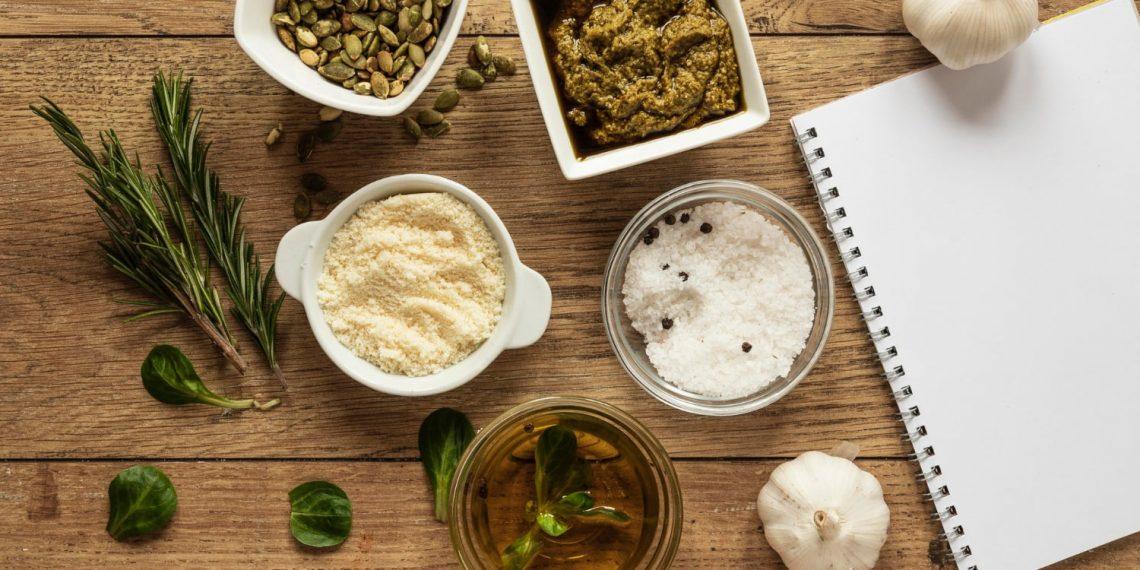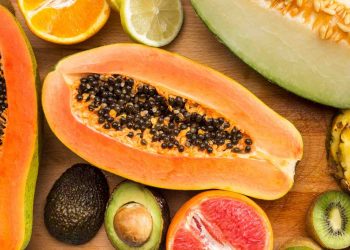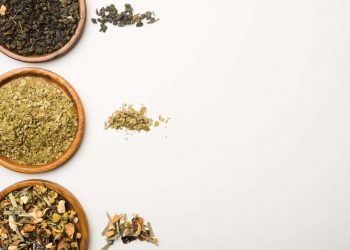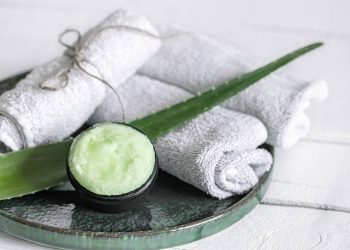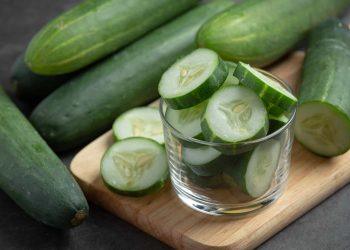Collagen is your skin’s best friend. It’s the protein that gives your skin its strength and elasticity, keeping it plump and youthful. As you age, your body produces less collagen, leading to wrinkles and sagging skin. But here’s the good news: you can boost your collagen levels naturally through your diet. Let’s dive into 10 foods that boost collagen for youthful skin and discover how they can transform your complexion.
Contents
- What is Collagen and Why Does It Matter?
- 1. Bone Broth: The Ultimate Collagen Source
- 2. Leafy Greens: Nature’s Powerhouses
- 3. Berries: Antioxidant-Rich Delights
- 4. Citrus Fruits: Vitamin C Champions
- 5. Nuts and Seeds: Healthy Fats for Healthy Skin
- 6. Fish: The Ocean’s Gift
- 7. Eggs: The Complete Protein
- 8. Garlic: A Flavorful Ally
- 9. Tomatoes: The Lycopene Boost
- 10. Soy Products: The Plant-Based Power
- The Power of Hydration
- Tips for Incorporating Collagen-Boosting Foods
- Bottom Line
- FAQs
What is Collagen and Why Does It Matter?
Collagen is the most abundant protein in your body, making up about 30% of your total protein. It’s found in your skin, bones, muscles, and tendons. As you age, your collagen production slows down, and factors like sun exposure, smoking, and poor diet can further deplete your collagen reserves. This is why incorporating collagen-boosting foods into your daily routine is essential. Healthy skin isn’t just about looking good; it’s about feeling good and embracing the vibrant life you deserve.
1. Bone Broth: The Ultimate Collagen Source
If you haven’t tried bone broth yet, now’s the time. This nutrient-rich elixir is packed with collagen, amino acids, and minerals. It’s made by simmering animal bones for an extended period, allowing the collagen to leach into the broth.
- Benefits: Helps improve skin elasticity and hydration.
- How to Enjoy: Sip it warm, or use it as a base for soups and stews.
2. Leafy Greens: Nature’s Powerhouses
Don’t underestimate the power of leafy greens like spinach, kale, and Swiss chard. These vegetables are loaded with vitamins C and E, essential for collagen synthesis.
- Benefits: Boosts collagen production and protects against damage from free radicals.
- How to Enjoy: Add them to smoothies, salads, or stir-fries.
3. Berries: Antioxidant-Rich Delights
Berries, such as strawberries, blueberries, and raspberries, are rich in antioxidants and vitamin C, both of which are crucial for collagen production.
- Benefits: Helps protect the skin from oxidative stress.
- How to Enjoy: Snack on them fresh, toss them in your morning oats, or blend them into smoothies.
4. Citrus Fruits: Vitamin C Champions
Oranges, lemons, and grapefruits are packed with vitamin C, which plays a vital role in collagen formation. A diet rich in citrus fruits can help you maintain a youthful glow.
- Benefits: Encourages collagen synthesis and helps fight skin aging.
- How to Enjoy: Start your day with a glass of fresh orange juice or a citrus salad.
5. Nuts and Seeds: Healthy Fats for Healthy Skin
Nuts and seeds, especially walnuts and chia seeds, are rich in omega-3 fatty acids and zinc, which support collagen production.
- Benefits: Helps maintain skin elasticity and hydration.
- How to Enjoy: Sprinkle them on salads or blend them into your favorite nut butter.
6. Fish: The Ocean’s Gift
Fatty fish like salmon, mackerel, and sardines are rich in omega-3 fatty acids and collagen. Not only do they support skin health, but they also provide essential nutrients for overall well-being.
- Benefits: Reduces inflammation and promotes elasticity.
- How to Enjoy: Grill it, bake it, or toss it into a salad.
7. Eggs: The Complete Protein
Eggs are a fantastic source of protein and contain amino acids that are essential for collagen production. The egg whites, in particular, are rich in proline, an amino acid critical for collagen synthesis.
- Benefits: Supports skin repair and rejuvenation.
- How to Enjoy: Enjoy them boiled, scrambled, or as an omelet with veggies.
8. Garlic: A Flavorful Ally
Garlic isn’t just a culinary staple; it’s also packed with sulfur, which helps preserve collagen in your body. It contains taurine and lipoic acid, which help rebuild and restore damaged collagen.
- Benefits: Supports collagen production and skin health.
- How to Enjoy: Use it in your cooking for added flavor and health benefits.
9. Tomatoes: The Lycopene Boost
Tomatoes are rich in lycopene, a powerful antioxidant that helps protect your skin from sun damage and boosts collagen production.
- Benefits: Enhances skin texture and protects against UV rays.
- How to Enjoy: Enjoy them raw in salads or cooked in sauces for maximum absorption of lycopene.
10. Soy Products: The Plant-Based Power
Soy products, such as tofu and edamame, contain genistein, which can help prevent the breakdown of collagen and promote new collagen formation.
- Benefits: Supports skin firmness and elasticity.
- How to Enjoy: Incorporate them into stir-fries or salads.
The Power of Hydration
While focusing on foods that boost collagen, don’t forget the importance of hydration. Water is crucial for overall skin health. It helps maintain skin moisture and elasticity, ensuring that your skin looks its best.
Tips for Incorporating Collagen-Boosting Foods
- Meal Prep: Plan your meals around these collagen-boosting ingredients.
- Snacks: Keep nuts, seeds, and berries on hand for healthy snacking.
- Smoothies: Blend leafy greens, fruits, and protein sources into delicious smoothies.
- Variety is Key: Rotate your foods to ensure you’re getting a wide range of nutrients.
Bottom Line
Embracing these 10 foods that boost collagen for youthful skin can dramatically improve your skin’s appearance and health. Your journey to radiant, youthful skin begins with simple, delicious changes to your diet. You have the power to nourish your body from the inside out. So, why not start today?
FAQs
1. How long does it take to see results from eating collagen-boosting foods?
You may start to see improvements in your skin within a few weeks, but consistent consumption over several months will yield the best results.
2. Can I take collagen supplements instead?
While supplements can be beneficial, getting nutrients from whole foods is always the best option for overall health.
3. Are there any foods I should avoid to protect collagen?
Yes, limit sugar and refined carbs, as they can promote collagen breakdown.
Now that you’re armed with this knowledge, it’s time to make some delicious changes to your diet. Your skin will thank you!
Get Your FREE Natural Health Guide!
Subscribe now and receive our exclusive ebook packed with natural health tips, practical wellness advice, and easy lifestyle changes — delivered straight to your inbox.

